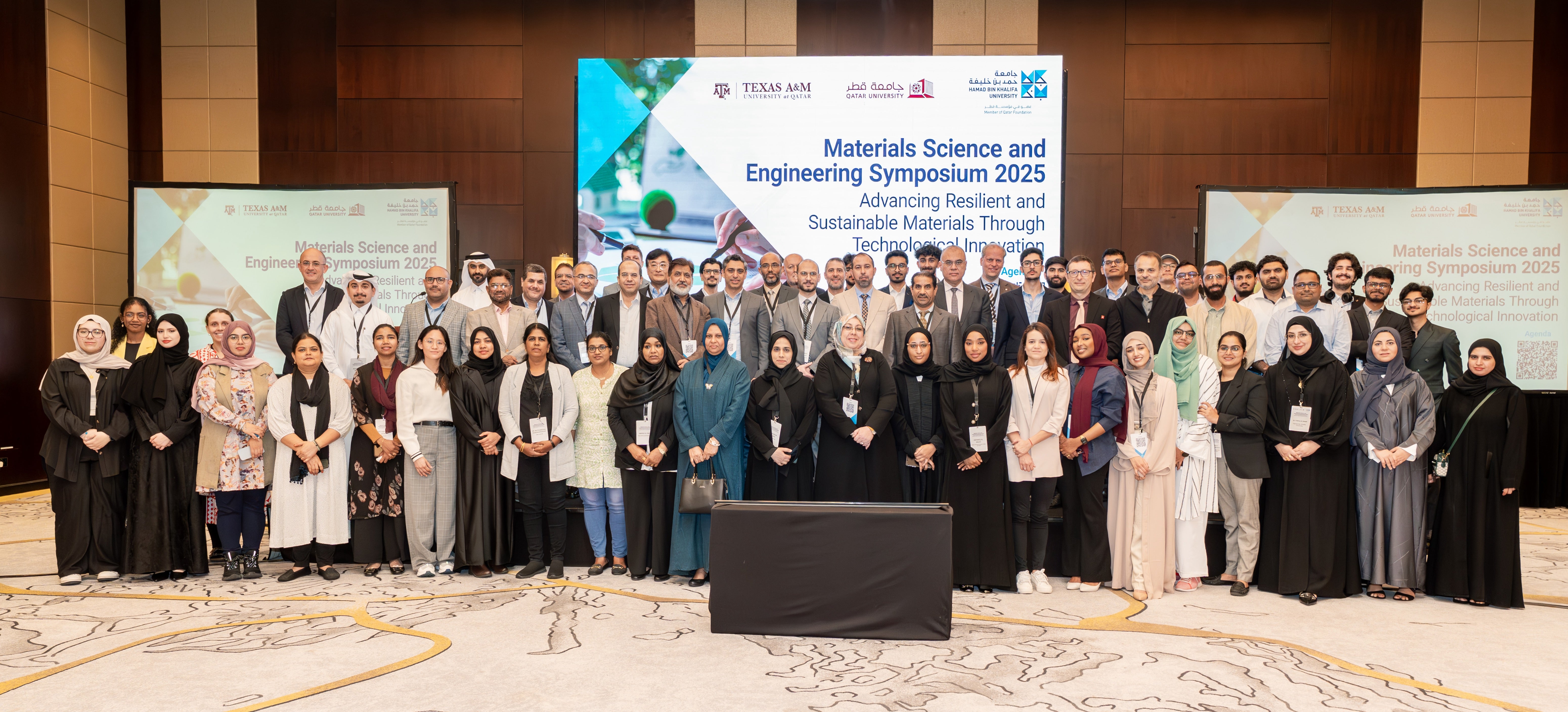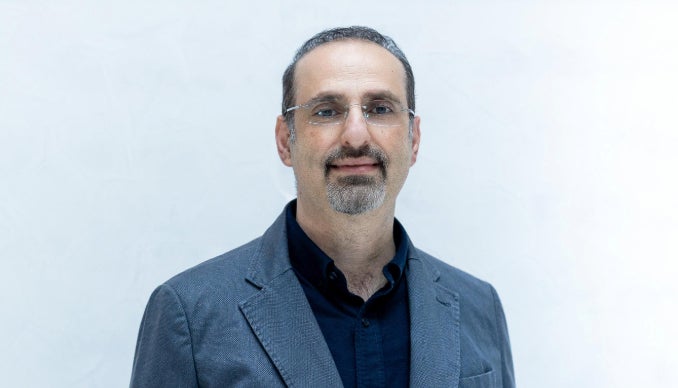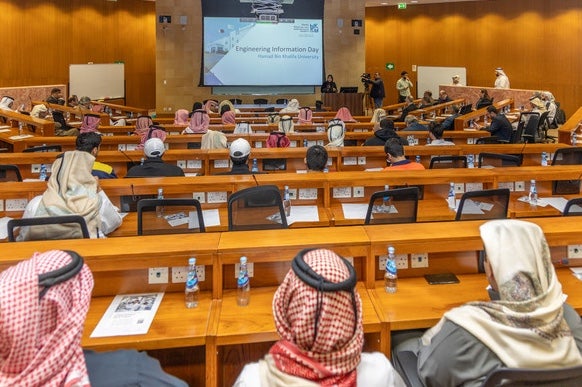By Dr. Mohamed Abdallah*

Blockchain is a promising technology that enables trading in a trustless environment, which means participants need not know or trust the other party, or require intermediaries. It is a transparent data structure that is organized as a chain of blocks and is managed by a network of computers, called miners, running a peer-to-peer (P2P) protocol.
Blockchain was first introduced to support the distributed cryptocurrency (Bitcoin) application that enables the transfer of electronic cash without the intervention of banks. Since then it has evolved beyond that to support the deployment of more general purpose-distributed applications or what are better known as smart contracts.
Amid COVID-19, many factories and service providers have closed due to public health concerns, which have led to major disruptions in securing certain goods and services due to the centralized dependency model advocated by the supply chain management. To tackle this problem, blockchain can support business-to-business (B2B), business-to-customer (B2C), and even customer-to-customer (C2C) transactions owing to its distributed nature and ability to share data efficiently among different entities. It not only reduces costs and mitigates security threats resulting from dependence on a third party, but also revolutionizes trading and motivates new business models for future smart cities in different sectors such as energy and health.
For example, in the energy sector, Electric Vehicles (EV) are expected to be among the highest consumers of green energy. According to forecasts by the International Energy Agency, around 120 million EVs are expected to be on the roads by 2030. This will create a huge demand for energy consumption where renewable energy can serve as an efficient solution to cover the demand.
Blockchain would empower individuals to actively participate in both sides of the market, namely, as an energy supplier and consumer. Within smart cities, the proliferation of renewable energy technologies, such as solar rooftops, battery storage and EVs are creating a new kind of customer, commonly named “prosumers”, with the capability to both produce and manage their own energy consumption.
By giving prosumers the opportunity to directly sell their surplus energy to others on a peer-to-peer basis, blockchain could enable opening and decentralizing the energy market, promoting renewable energy generation, reducing carbon footprint, and facilitating responses to the growing demand for green energy.
The College of Science of Engineering (CSE) at Hamad Bin Khalifa University, in collaboration with the Ministry of Transport and Communication’s TASMU Smart Qatar Program, have developed a smart contract-based energy trading platform atop a specific type of blockchain network called Ethereum.
This platform enables local energy providers to directly trade their energy surplus with EV owners in a P2P manner. In order to avoid making major changes to the existing infrastructure, the platform continues to rely on utility companies for metering and billing. In addition, it employs a second-lowest price auction mechanism to ensure both social welfare and incentive compatibility.
To tackle the COVID-19 outbreak, most countries have adopted severe measures and restrictions advocating business closures, social distancing, and population confinement. Moreover, screening thousands - even millions - of people daily over long periods of time requires the involvement of many independent entities beyond hospitals and private clinics to include stakeholders such as airline companies, educational institutions, large firms etc.
Failing to efficiently manage data from these independent entities implies that screening-related data will be recorded on different decentralized supports, data might be lost or manipulated, large amount of errors and bias will be observed, and hence the mass-screening strategy will be counterproductive and misleading.
Blockchain can help in enabling an efficient decision support system for COVID-19, integrating effective and secure ways of data collection and data sharing. Moreover, blockchain can enable sharing sensitive information among different government entities in a relatively short time. For example, airports may need to access the health record of the passenger to allow them to travel. This information can be shared between hospitals and medical centers while making sure it cannot be altered.
Blockchain can also help to create incentives for people to follow the precautionary measures imposed by the government. At CSE, a project titled “Mokafaa: Blockchain-based Transparent Rewarding System to Incentivize People to Commit to Confinement Using Wireless Location Monitoring Service”, recently received a grant from the Qatar National Research Fund, through its Response Call (RRC) to Address COVID-19. The project proposes building a national transparent reward system for people who prove they are abiding by the government measures such as enabling the Ehteraz app all the time and committing to confinement in cases required. Blockchain will allow this system to be transparent and hence incentivize people to join and participate.
Dr. Mohamed Abdallah is an Associate Professor at the College of Science and Engineering, part of Hamad Bin Khalifa University.
Related News
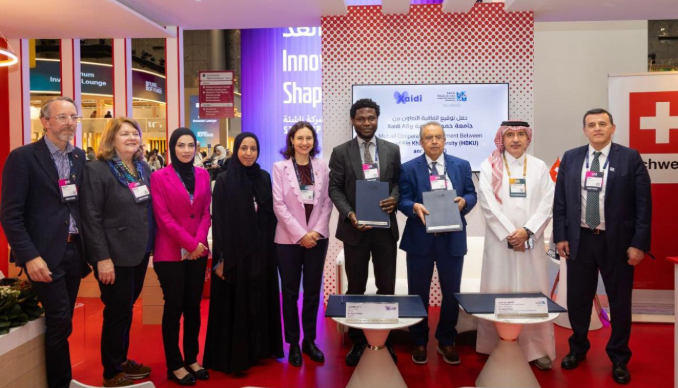
Hamad Bin Khalifa University Partners with Swiss Health Tech Xaidi to Support Qatar’s National Autism Plan
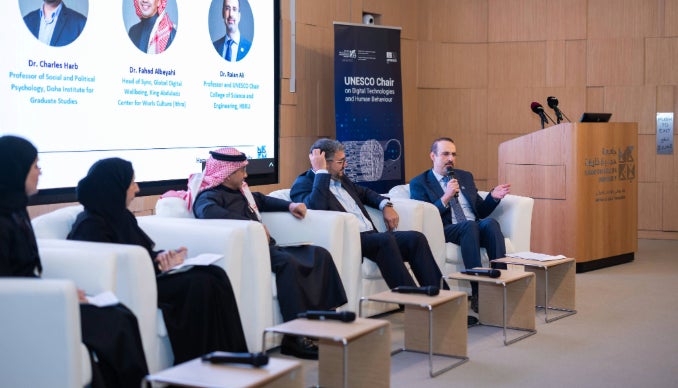
UNESCO Chair on Digital Technologies and Human Behavior Launched at Hamad Bin Khalifa University
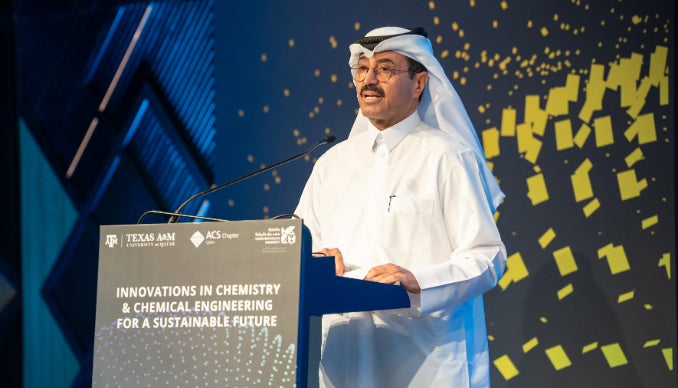
HBKU, TAMUQ and ACS Host Conference on Innovations in Chemistry and Chemical Engineering for a Sustainable Future

bNovate Technologies Partners with HBKU in Groundbreaking SMART-Distribution Project to Enhance Qatar’s Water Security
